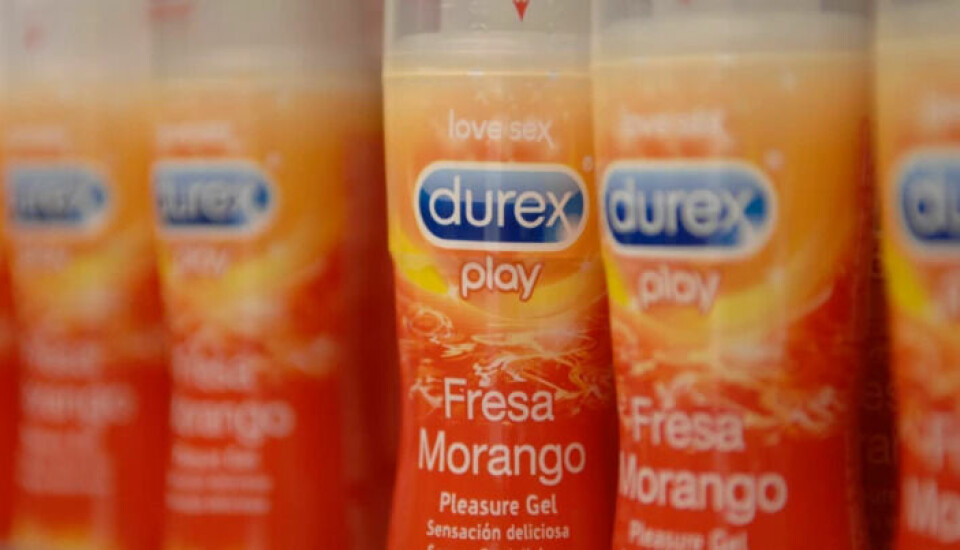
Sex becomes easier and better with lube
Research on lubricants shows that the vast majority of people are more satisfied with intercourse when they use a lubricant.
More pleasure, more desire, essential for good sex, ensures a luxurious glide. This is how lubricants are presented on the websites of pharmacies and specialist shops.
“I encourage everyone, both young and old, to use lube,” physiotherapist and sexologist Kristin Evjen says.
Five researchers have investigated how lubricants work for those who use them.
The assignment came from the World Health Organization (WHO). They aim to promote sexual health. Thus, they wanted to find out whether lubricants, which are readily available in many countries, can make a positive contribution to increasing sexual well-being and reducing pain during intercourse.
Little research on lube
Although the researchers trawled through thousands of studies on sexual health and welfare in large international databases, they didn’t find much.
They found only 31 studies of sufficient quality.
Participants in these studies used lube during vaginal or anal intercourse either with a partner or by themselves. The studies were mainly carried out in the USA, Australia, and some countries in Africa.
The lubricants used in the studies were either commercial products from the store or natural, such as olive oil.
Increased well-being
These participants were generally positive towards lubricants, especially those that were odourless and tasteless. Water-based lubes were the most popular.
The vast majority reported increased sexual well-being when using lube.
They used lube because it brought more pleasure to themselves and their partner. It was easier to reach orgasm, foreplay lasted longer, and using condoms was less problematic.
Women with vaginal dryness, such as following cancer and menopause, had less pain during intercourse when they used lubricants.

"Wet enough"
“I try to get women to use lube, but many believe they should be wet enough not to need it. However, they often have intercourse which doesn’t feel good for them,” Kristin Evjen says.
Many of her patients experience pain during intercourse.
“They have had sex without wanting to and thus they get frictional pain, such as sores and cracks. Lube is preventive to avoid lasting pain,” Evjen says.
She notes that especially women who have been through menopause say that intercourse has improved when using lube.
Too wet

There were also participants in the studies who disliked lubricants or stopped using them.
The reasons varied: some thought that it was too wet and messy, others thought that it felt less spontaneous, or that they themselves or their partner preferred drier sex. Some also thought that the lubes were too expensive, or they preferred saliva and their own body fluids.
There were also some who believed that lubricants were for older people.
Some of Evjen's patients say that their partners are negative about using lube.
“Men think it's about the women not wanting them or that they have become too old,” she says.
A simple way to increase sexual well-being
The researchers behind the study believe that far too little research has been done on how lubricants work for those who use them, despite the fact that this is a cheap and simple way to improve sexual health and welfare.
In the 31 studies that the researchers summarised, the results show that lube works well for those who use them. Such creams provide greater sexual pleasure and less pain during intercourse.
The research that has been carried out is mainly based on people's own assessments and use of lube. Few attempts have been made with random selection and control groups.
Lubricants also have few side effects, according to the studies. However, they do not help against HIV, sexually transmitted diseases, fungal infections, or erectile dysfunction.
———
Translated by Alette Bjordal Gjellesvik.
Read the Norwegian version of this article on forskning.no
Reference:
Kennedy et al. Lubricants for the promotion of sexual health and well-being: a systematic review, Sexual and Reproductive Health Matters, 2022. DOI: 10.1080/26410397.2022.2044198
































